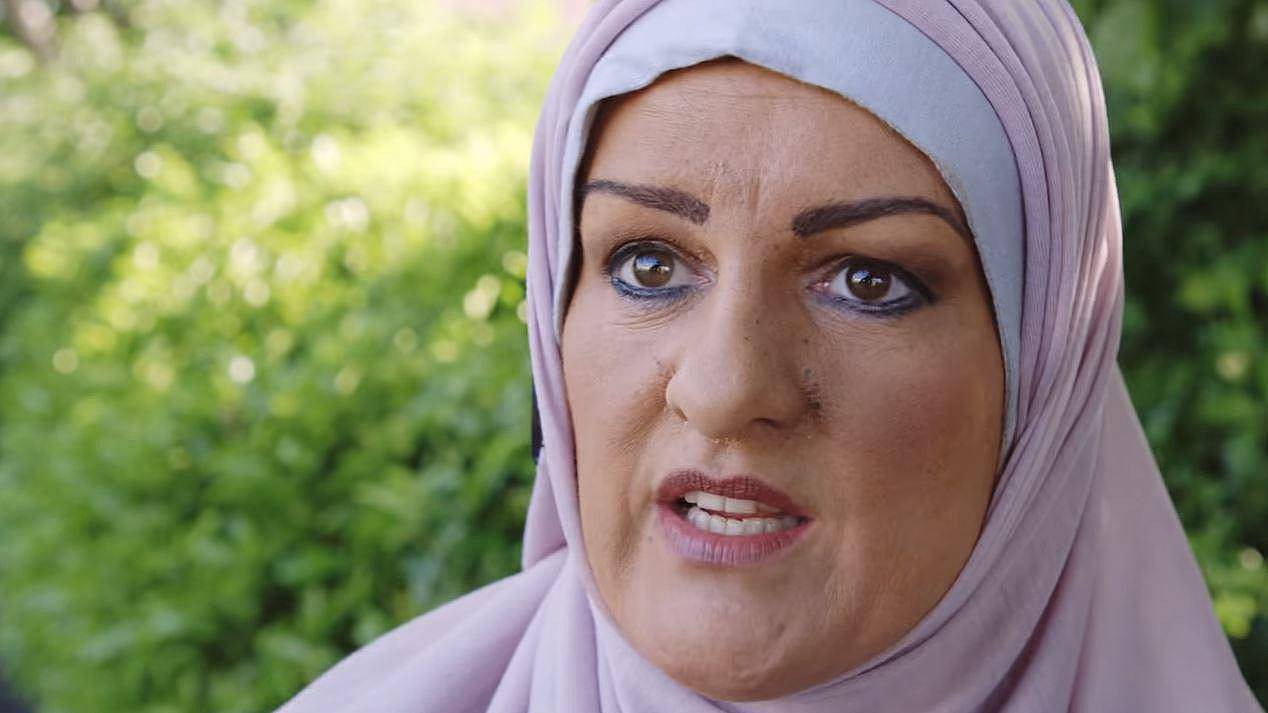My Week as a Muslim – a social experiment gone wrong?
Channel 4 have launched a new show, My Week as a Muslim, in which a white woman, Katie Freeman, goes to live with a Pakistani Muslim family in Manchester in an attempt to learn more about the Pakistani and Muslim way of life. There has been much controversy around the show, its content and how it has presented both Katie and the Pakistani community.
During the show, Katie offers her own opinions on ‘what a British person looks like’ and their ‘culture’ and attempts to challenge these views by living with the family of Saima Alvi, a British Pakistani teacher living in Manchester with her young daughters and son. The family are inviting and Katie is equally as polite but is not afraid to highlight her true opinions on the Muslim community, their dress and way of life. She states at one point that she genuinely wonders whether every woman in a burqa might be covering up a suicide belt.
For many people around the country, Katie’s view would be the norm: that the practices and ideals of a British Pakistani family (praying five times a day, abstaining from alcohol and pork, the girls not fraternising with boys) would not be ‘British’ at all, but rather something foreign and strange. But Katie, during her week with the family, learns about the different way of life and that it’s not as abnormal as she thinks.
It is understandable, to some extent, that Katie holds some controversial opinions – she lives in a mostly white town in Cheshire and has never held a conversation with someone wearing a burqa let alone a veil. However, the use of ‘brown face’ in order to experience the Pakistani Muslim community in Manchester is certainly not the correct or even respectful way to go about it. Blackface, or in this case ‘brown-face’ has historically been used to degrade and mock people of colour for generations – and the use of it in this show is just the same. The Muslim community in Manchester has seen Islamophobic attacks increasing nearly 500% following the Manchester terror attack.
Was it really necessary for her to have a bigger nose and crooked teeth?
Fozia Khan, the producer of both My Week as a Muslim and Extremely British Muslims, wrote an article following the release of the show stating that her intention was ‘to educate, not to offend’ – and despite there being some things to learn, it has on the whole offended the British Muslim community, and specifically the Pakistani community. Here’s why: the only way people are made to care about the experiences of the Muslim Pakistani community in this country is by placing a white person in the community. Furthermore, the “brown face” used visibly made Katie carry stereotypically Pakistani features which was not necessary for concealing her identity. Was it really necessary for her to have a bigger nose and crooked teeth?
Twitter has been outraged by the show, with one user (@holily_) stating that the show was ‘one of the most offensive documentaries’ she had seen. She is not alone in this view – as a woman of South-East Asian descent, I have been offended possibly just as much as the Pakistani community about Channel 4’s poor effort on this show. The reaction of Katie’s family when she visits them wearing a headscarf and a burqa and indeed the comments she made about the Muslim way of life throughout the show made me feel uncomfortable and angry.
It is difficult to say what could be done to make the show more effective, because I honestly think it might have been helpful for those unaware of how other communities live within Britain. Channel 4 were able to positively highlight the aspects of charity and autonomy within Islam, but also the playful and (dare I say it) normal qualities of the women. But for the Muslim Pakistani community living in Manchester, I think they were not alone in feeling insulted and disgusted by many aspects of the show.

Comments